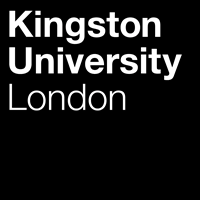Neuromorphic vision sensors enable the acquisition of scenes with limited energy requirements and low data rate, only acquiring information on what changes in the scene, with a behaviour similar to the one of the human eye. The acquired information can be easily exchanged in internet of things scenarios where battery operated visual sensors are connected to monitor a scene or perform a task requiring limited delay (e.g., tele operated driving).
On the opposite direction, light field capturing and visualisation involves the acquisition of information of a scene from multiple angles / with multiple microlenses and the rendered content is visualised as holographic content, resulting in a truly immersive experience, but also huge data rates.
The project will study compression methods for the data acquired with such methodologies, as well as subjective and task-based criteria for quality assessment of the compressed information. The latter task may leverage machine learning strategies, hence a background in the areas of machine learning is desirable. Also, edge-computing supported compression and processing strategies will be addressed.
Data compression at smart edge/fog-based gateways is beneficial, as data compression can be too computationally intensive to be performed on the acquisition sensor/location.
The possibility to acquire information from multiple neuromorphic vision sensors will also be considered, as well as application in real life scenarios (e.g., smart cities, healthcare, gaming).
Collaboration with national and international partners (research bodies/academy/industry) is expected, as well as the possibility of an industrial internship during the PhD.
The project will benefit from the state-of-the-art equipment available in our Centre for Augmented and Virtual Environments (CAVE lab) including neuromorphic vision sensors, plenoptic camera for the acquisition of light fields, autostereoscopic and light field displays.
Candidates are expected to have at least a BSc 2:1 in a relevant area (computer science, engineering, statistics, mathematics) and possibly an MSc in a related area.

 Continue with Facebook
Continue with Facebook



